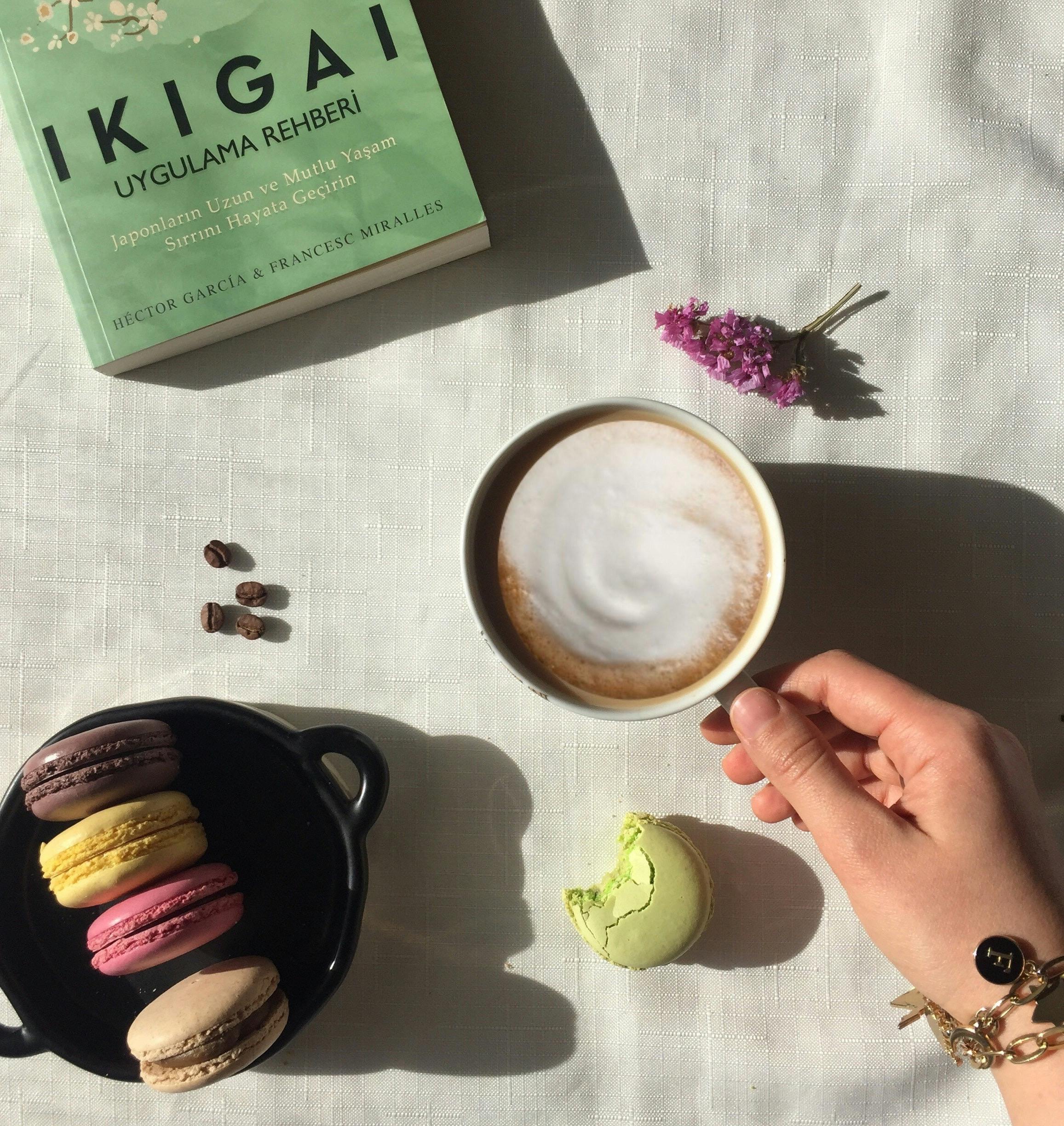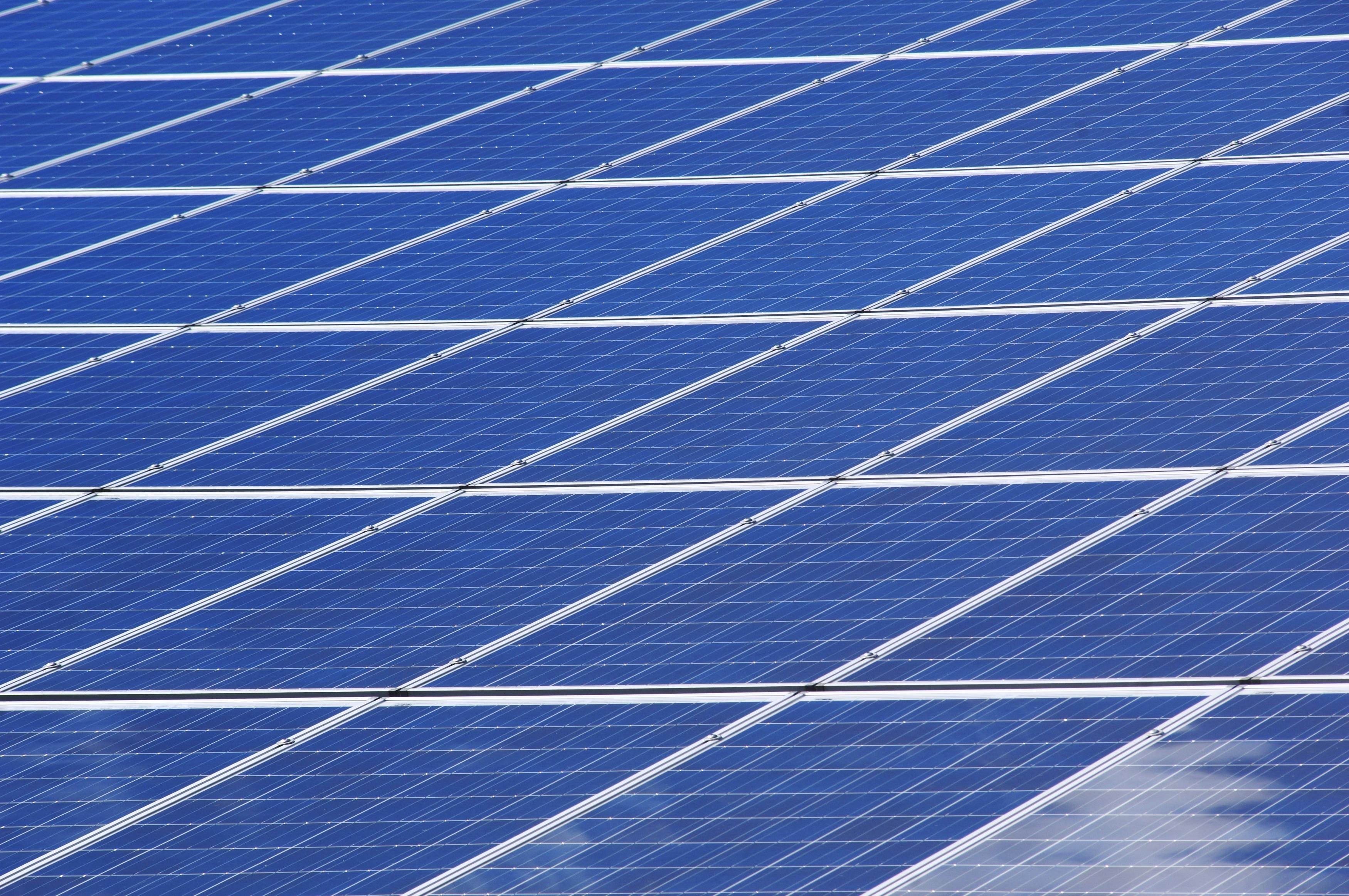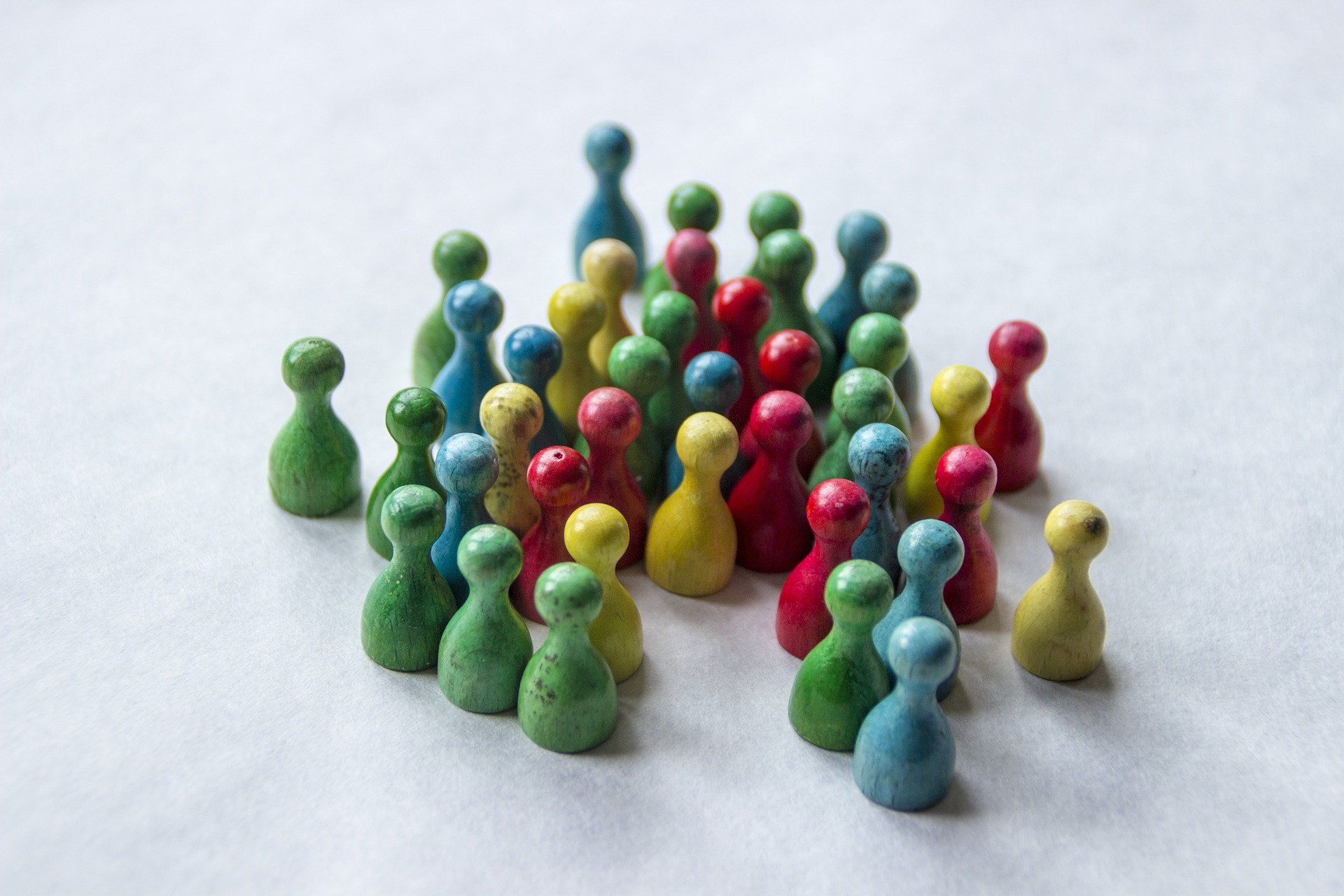Unveiling the Health Secrets of Japanese Ikigai: Your Guide to Purposeful Living
Do you live each day with a clear sense of purpose? The Japanese concept of Ikigai may hold the key to a healthier and more fulfilled life. Rooted in centuries of Japanese tradition, Ikigai represents the intersection of what you love, what the world needs, what you're good at, and what you can be paid for. In this article, we delve into the health secrets of this potent wellness concept, exploring the scientific underpinnings and practical implications for a life lived with purpose.

The Roots of Ikigai: A Timeless Japanese Philosophy
Ikigai, a term that loosely translates to “reason for being,” is an integral part of Japanese society. Its origins can be traced back to the Heian period (794 to 1185), a time of relative peace and prosperity in Japan. However, the term gained significant recognition in the global wellness community only in the last decade.
Modern science offers compelling evidence in support of Ikigai, linking a sense of purpose to numerous health benefits - from lower risks of cardiovascular disease and depression to improved sleep quality and longevity. A 2009 study published in the Journal of Psychosomatic Research found that Japanese men and women who reported a strong sense of life purpose had lower mortality rates compared to those without it.
Ikigai in Modern Health and Wellness Trends
Ikigai is gaining global attention as a holistic wellness strategy, with countless self-help books, wellness programs, and mental health initiatives incorporating its principles. It encourages individuals to cultivate a life that balances personal passions, social contributions, and economic stability – a concept that resonates with the growing trend towards holistic well-being.
The Scientific Validation of Ikigai
Many studies have explored the health implications of living a purposeful life. Research published in Psychological Science in 2014 found a strong correlation between a high sense of purpose and lower risks of stroke, heart attack, and other cardiovascular conditions. Another study in the American Journal of Health Promotion in 2015 linked purposeful living to improved physical health, lower risks of premature death, and better mental health outcomes.
The Health Benefits and Challenges of Embracing Ikigai
Living a life of Ikigai comes with numerous health benefits. It promotes mental well-being by reducing stress, anxiety, and the risk of depression. It can also improve physical health by promoting healthier lifestyle choices, reducing the risk of chronic diseases, and potentially even extending lifespan.
However, embracing Ikigai can also present challenges. Finding one’s Ikigai often involves self-reflection and exploration, which can be uncomfortable or difficult. Furthermore, societal pressures and expectations can sometimes make it hard to align one’s life with their Ikigai.
Applying Ikigai: Practical Tips for a Purposeful Life
- Start with Self-Reflection: Identify your passions, skills, and values.
- Consider the Needs of the World: Think about how your unique abilities can contribute to society.
- Evaluate Your Economic Viability: Reflect on how you can sustainably support yourself while pursuing your Ikigai.
- Make Incremental Changes: Start small and gradually align your life with your Ikigai.
In closing, Ikigai presents a compelling perspective on wellness, blending eastern philosophy with modern science. It goes beyond physical health, extending to mental and emotional well-being, and even social contribution. Though the journey towards Ikigai may be challenging, the potential health benefits are considerable. So, why not take the first step towards finding your Ikigai today?




